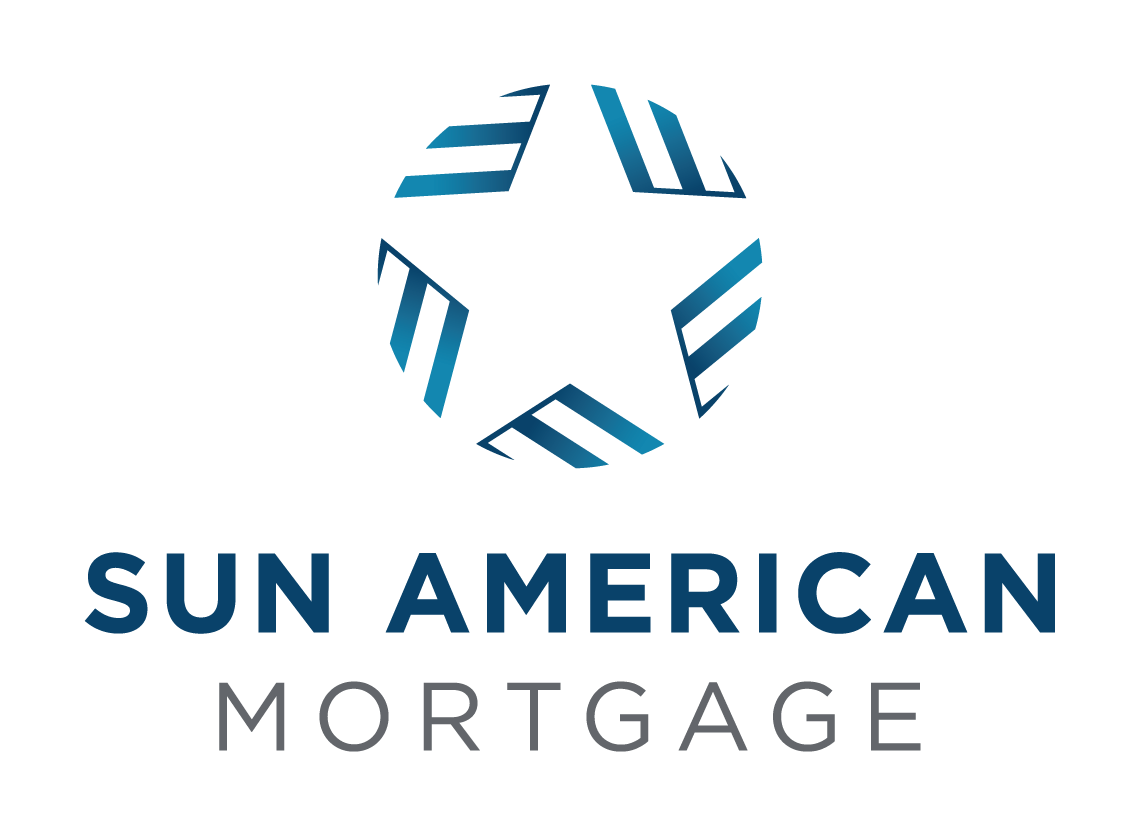The FHA home mortgage has a lot to contribute. We’ve highlighted eight of the most crucial benefits in this article.
Lower down payment: The FHA provides for a 3.5 percent down payment
There are just a few mortgage alternatives available to today’s home buyers that allow for down payments of 5% or less. One of them is the FHA mortgage 3.5 down payment.
With an FHA mortgage, you may put down as small as 3.5 percent of the home’s buying price. This assists home buyers who do not have a large down payment saved up and home buyers who would prefer to save money for relocation costs, crisis savings, or other constraints.
The FHA allows for 100% donation funds for the down payment and closing fees
The FHA is convenience when it comes to using gifts as a down payment. Only a few financing plans will allow you to use a gift as your total down payment on a property. The FHA will do so.
According to the FHA, your whole 3.5 percent down payment can be a present from your parents or another relative, an employer, an established nonprofit association, or a government homebuyer program.
However, if you are using a down payment gift, you must complete gifting and taking in money.
FHA loans permit more excellent debt-to-income ratios
FHA loans also permit more excellent debt-to-income ratios.
Your DTI, or debt-to-income ratio, is computed by comparing your loan payments to your pre-tax income.
For example, if you earn $5,000 each month and your monthly loan payments are $2,000, your DTI is 40%.
FHA maximum DTIs are official as follows.
- Housing expenditures account for 43 percent of gross income, plus additional monthly commitments such as credit cards, school loans, vehicle loans, and so on.
- Housing expenditures account for 31% of gross income.
A DTI of 43 percent, on the other hand, is on the low end for most FHA borrowers.
According to a mortgage software firm, the average DTI for completed FHA acquisitions in 2019 was around 44 percent.
Furthermore, FHA will accept DTI rates as high as 50%. However, to get taken at such a high ratio, you will most likely need one or more compensatory variables, such as a good credit score, considerable funds, or a down payment more than the minimum.
In any event, the FHA is more forgiving than other lending programs in this regard.
Most traditional VA home mortgage programs permit debt-to-income ratios ranging from 36 to 43 percent.
Specific traditional mortgage programs, for example, allow you to go up to 43 percent DTI for FICOs of 700 or above with down payments of less than 25%. However, most people do not qualify for conventional loans with such high debt levels.
According to the same mortgage software provider, the average DTI for completed conventional acquisitions in 2019 was 36%, compared to 44% for FHA loans.
Lower credit ratings are accepted for FHA loans
Officially, the following credit scores are necessary for FHA home loans:
- 500-579, with a 10% down payment
- 580 or higher along with a down payment of 3.5 percent
In reality, the average credit score for FHA purchasers in 2019 was 675.
If you have good credit, you must make use of it. However, it takes time to correct previous credit errors.
FHA loans can let you buy a house without having to wait a year or more for your decent credit to improve to “excellent” status.
When it comes to credit, other lending schemes are not as lenient.
According to the authorities that establish the criteria for conventional loans, FICOs as low as 620 are accepted. However, some lenders have higher minimum credit scores.
The FHA even accepts candidates with no credit history
What if a potential borrower has never had a credit card? Their credit report is, in essence, blank.
Borrowers with no credit may also be eligible for an FHA loan. The Department of Housing and Urban Development forbids FHA lenders from rejecting an application simply on the borrower’s lack of credit history. In reality, the U.S.
As an alternative to typical credit history, the FHA permits borrowers to create non-traditional credit. This may be a significant benefit for someone who has never had credit scores because of a lack of borrowing or credit card usage in the past.
Borrowers can develop non-traditional credit by using payment histories on apartment rent, auto insurance bills, mobile phone bills, and utility bills.
Most USDA home mortgage programs have loan size restrictions, and many of these restrictions are related to local home values.
FHA mortgage limitations vary by county or metropolitan statistical area and range from $356,362 to $822,375 for single-family houses in most regions of the country.
Guam, Hawaii, the U.S. Virgin Islands, and Alaska have more significant limits than four-plexes, triplexes, and duplexes.
FHA also allows for more significant loan amounts
Another FHA benefit is that FHA home loans Utah limits can be increased in areas where property values are higher. This allows purchasers to finance their house with FHA even when home prices in some high-cost locations have soared.
For instance, in Orange County, California, or New York City, the FHA will cover up to $822,375 for a single-family house mortgage.
FHA loan limitations for 2-, 3-, and 4-unit houses are considerably higher, reaching up to $1,581,750.
If you have an FHA loan, an FHA Streamline Refinance might help you decrease your interest rate
Access to the FHA Streamline Refinance is another benefit for FHA-backed homeowners.
The FHA Streamline Refinance or Utah FHA refinance is a unique FHA program that provides homeowners with one of the simplest and fastest ways to refinancing.
An FHA Streamline Refinance involves no income verifications, no credit checks, and no house assessments.
Furthermore, under the FHA Streamline Refinance, homeowners with mortgages that pre-date June 2009 have access to lower FHA mortgage insurance rates.




